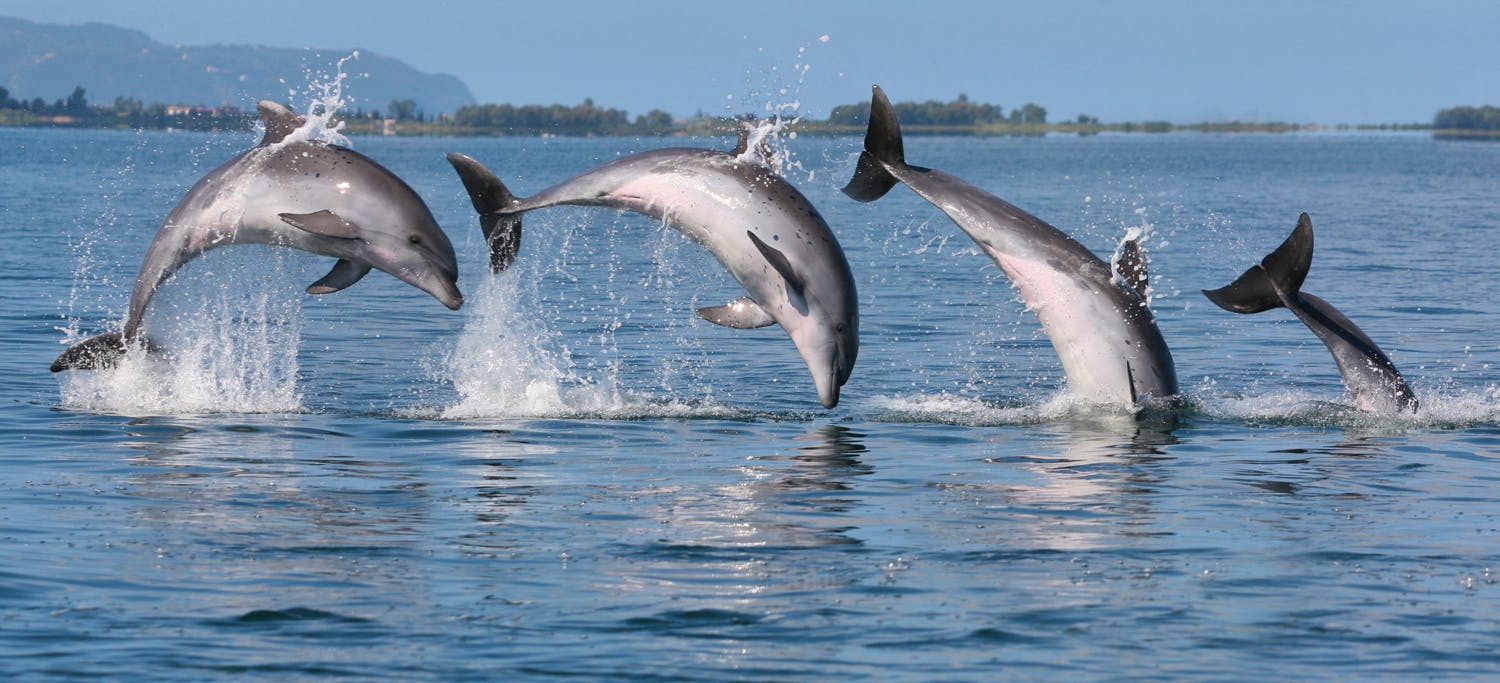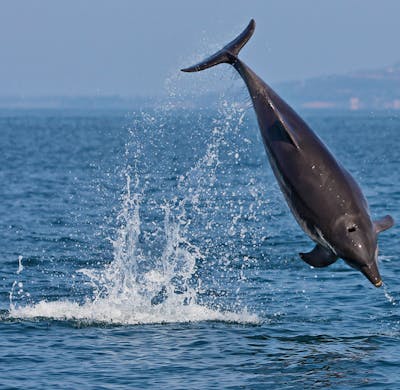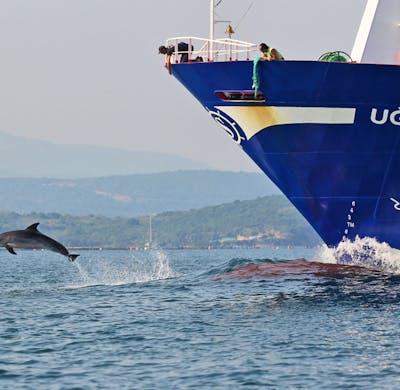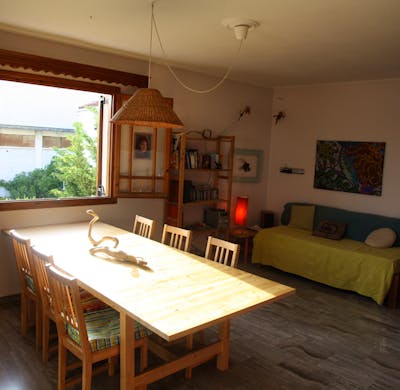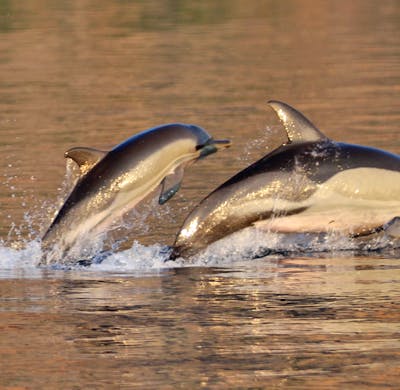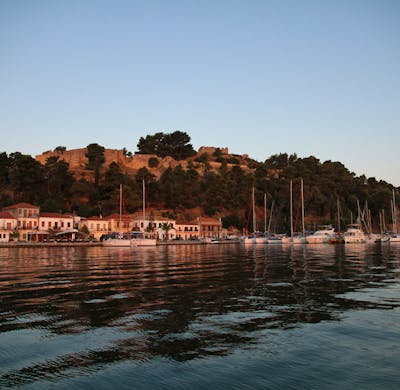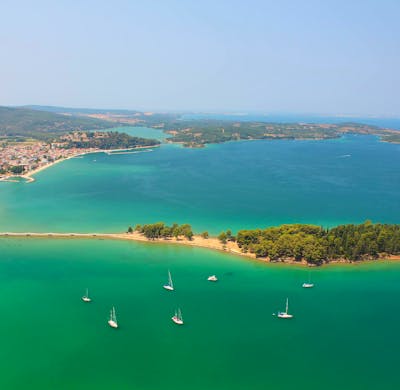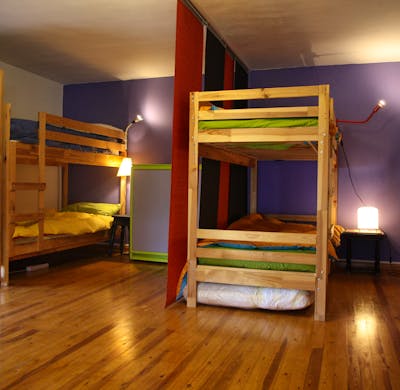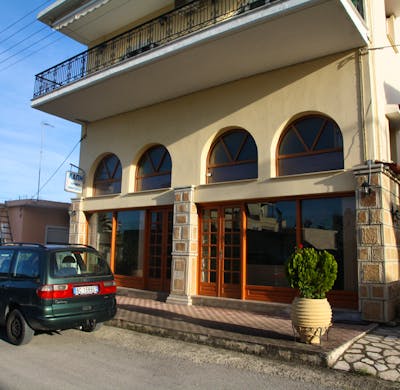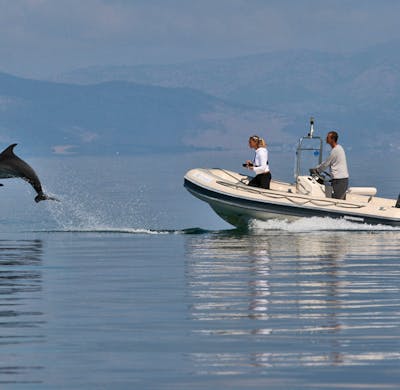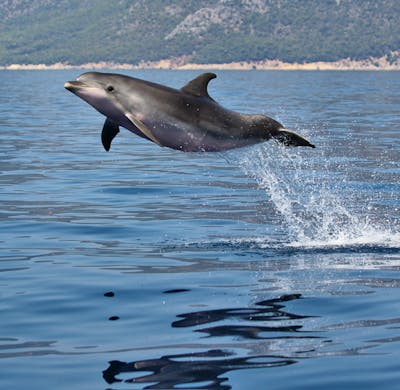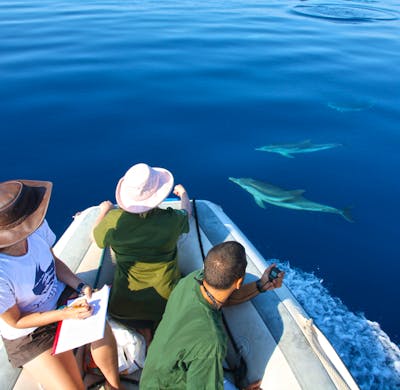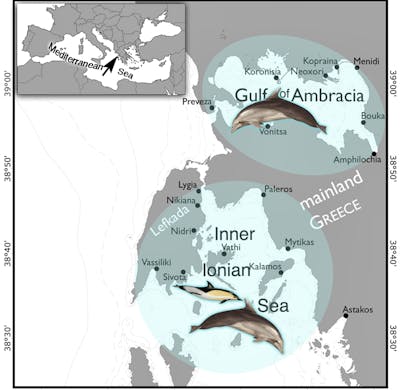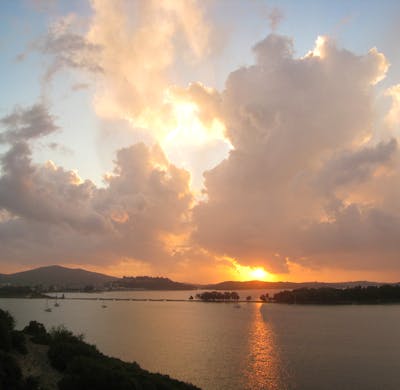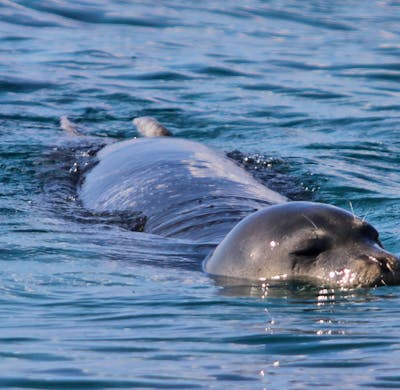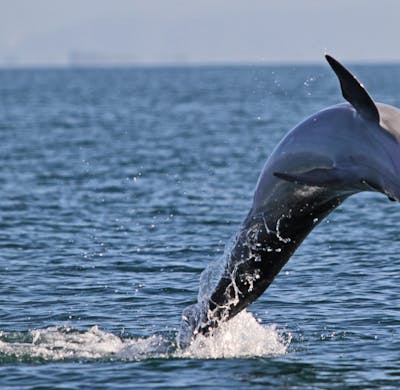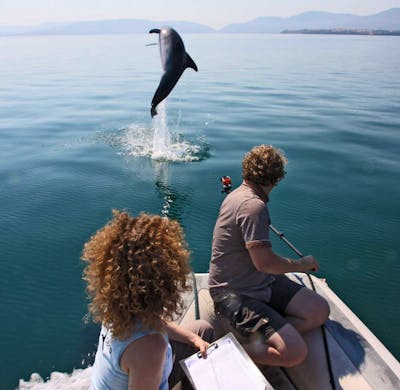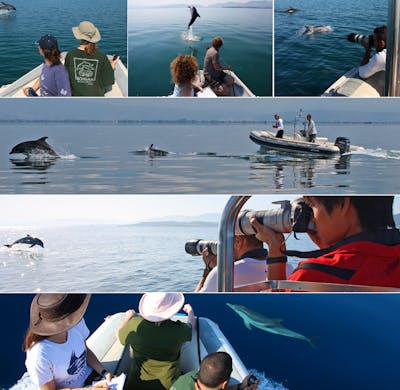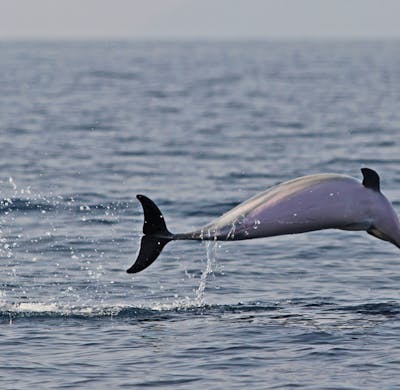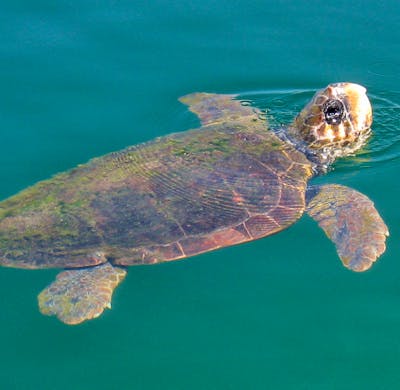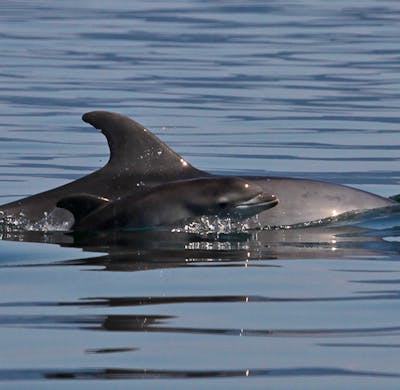2017 at Coastal Dolphin Conservation
Coastal Dolphin Conservation
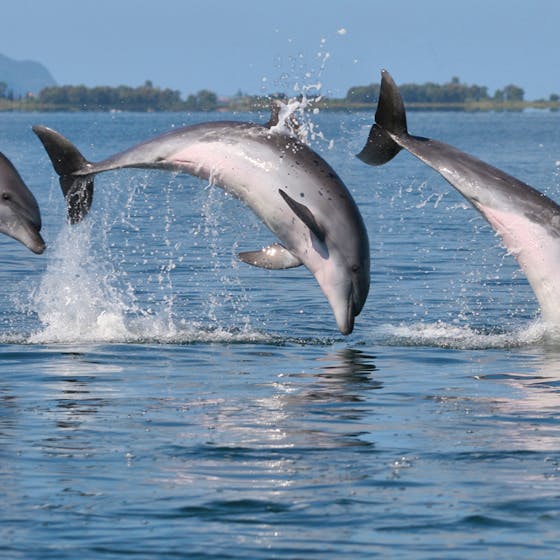
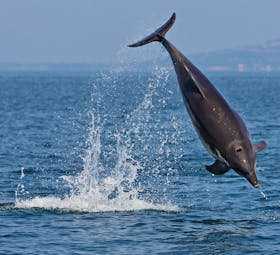
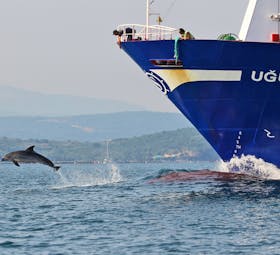
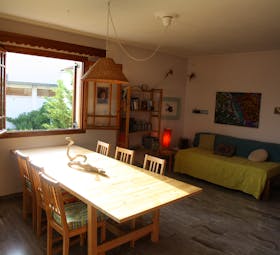
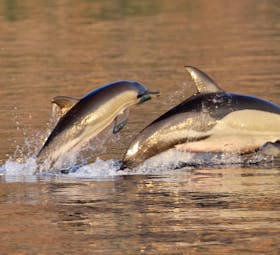
Højdepunkter
- Explore and volunteer in beautiful Greece!
- Volunteer with us and gain a first-hand understanding of the motivations that inspire our work!
- Be involved in the monitoring of the secondary study area located in the Inner Ionian Sea archipelago°
- Work side-by-side with researchers and contribute to field data collection
- Meet like-minded volunteers from all over the world!
Særligt velegnet til
Om programmet
From June to September, be part of a scientific team focused on the study and conservation of coastal dolphins in the beautiful waters of western Greece.
By sharing every experience with us, and ultimately living a researcher’s life, you will gain a first-hand understanding of the motivations that inspire our work, appreciate its significance for dolphin conservation and learn about the importance of protecting the marine ecosystem and its ...
Typisk dag
Volunteers will conduct daily surveys onboard the research boat, working side-by-side with the researchers and contributing to field data collection. You will actively engage in visual surveys, looking for dolphins, sea turtles, birds and other fauna during navigation. As soon as dolphins are ...
Fritidsaktiviteter
Volunteers will have plenty of free time. The work at sea is concentrated mostly during the morning hours. Once back from the sea, we will all have lunch at the field base. Then, all team members will have about 2 hours of free time before starting to work with the data collected at sea during our ...
Krav
Hvad er inkluderet
Hvad er IKKE inkluderet?
Oplysninger ved ankomst
Programgebyrer
Mød din vært
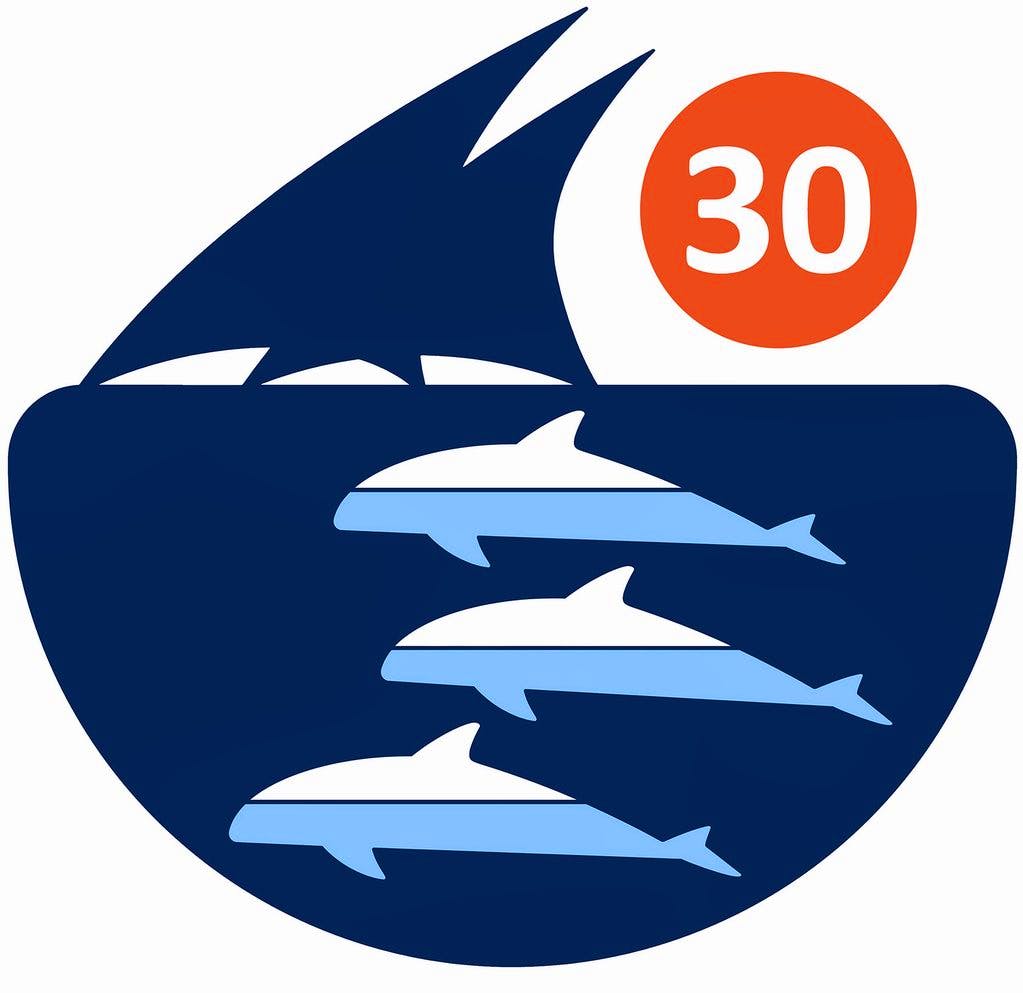
Tethys Research Institute
Non-profit - grundlagt i 1991
Verificeret af Volunteer World
Vært er
Adriana
Om projektet
8 feltrapporter ·  4.7
4.7
Placering

Du er måske også interesseret i
-
Beskyttelse af delfiner
Marine Big 5
Dyr i Europa
Missionsrejser
Voksne
Hval og delfin
Par
De bedste programmer for frivillige
Projekter i udlandet
Gruppefrivilligt arbejde
Frivilligt arbejde i familien
Frivilligrejser for universitetsstuderende
